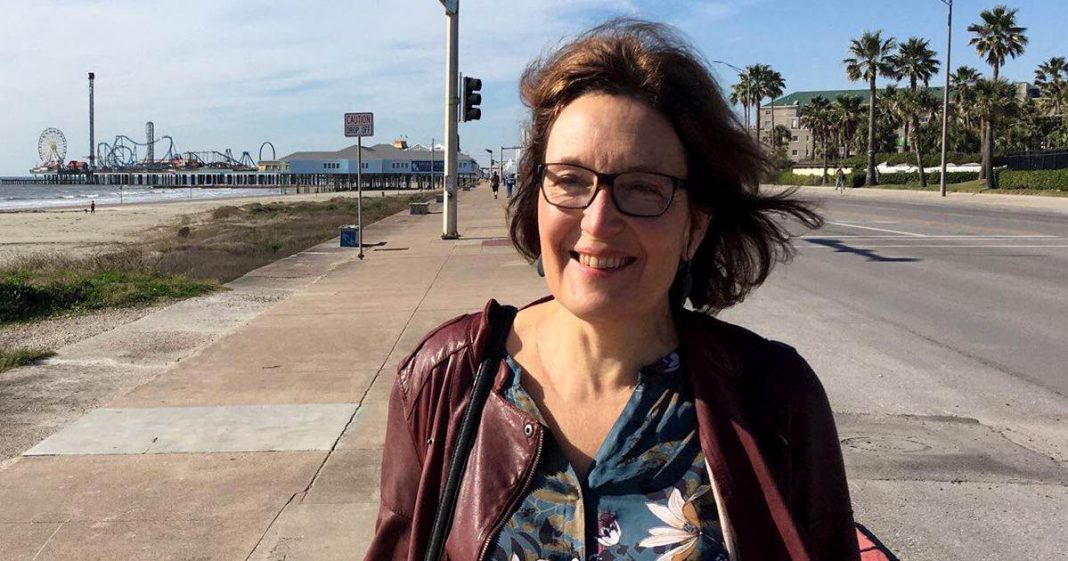A 27-year-old man has been charged in the murder of Suzanne Eaton, PhD, a researcher at the Max Planck Institute of Molecular Cell Biology and Genetics (MPI-CBG) who was killed while attending a conference on the Greek island of Crete.
The suspect, who at deadline had not yet been identified, was described by the Greek news outlet Cretalive as a farmer and a father of two who owns land near the abandoned World War II German bunker where Eaton’s body was found on July 8.
It was not known whether the crime was committed at the scene or whether Eaton was killed elsewhere and disposed of in the bunker. Eaton’s body was found near the settlement of Xamoudochori, in the Cretan city of Chania, nearly a week after she was last seen by friends on July 2.
The farmer was one of 10 suspects detained by police in connection with the crime, and later confessed to the crime, according to Cretalive.
Eaton, a former Westchester County, NY, resident, was a senior research group leader at the Institute, and professor at the Biotechnology Center of the Technische Universität Dresden.
Eaton was in Crete to attend a scientific conference on insect hormones held at the Orthodox Academy in the Cretan village of Kolymbari, near Chania.
“We are devastated by this senseless tragedy,” Institute officials said in a statement shortly after the death was confirmed. “The Max Planck Society and all its staff offer our most sincere condolences to Sue’s family, friends, and colleagues.
“In a personal letter to her husband, Tony Hyman, Max Planck president Martin Stratmann paid tribute to Suzanne Eaton as an outstanding scientist and a wonderful human being. Eaton had been a key person, an essential pillar of the Institute in Dresden right from its very beginning. The Max Planck Society would forever remember Suzanne Eaton for all she contributed to our community and far beyond.”
In addition to Hyman, a director and research group leader at the MPI-CBG since 1999, Eaton is survived by her mother, a sister, a brother, and two sons.
Family members and friends have paid tribute to Eaton on MPI-CBG’s website.
“As I grew, her brilliance as a scientist began to dawn on me,” her son Max recalled. “Always armed with a question, she would show interest in any topic broached. Many a time I discussed topics with her that I had studied at university, and within a week, she would be as well versed in that topic as any of my professors.
“Yet she was far more than a scientist. Her love for music shone brightly, her eyes lit up every time she talked about a piece she was playing, and she would laugh with me in admiration of the sheer complexity of a piano arrangement,” he added.
Eaton’s mother Glynda remembered: “From the day Suzanne was brought to me right after she was born—stuffed into a red Christmas stocking, Dec 23—not drowsy and sleepy but with her head up, her eyes alert, that interest in everything around her has never changed. It has been a joy to share her love of books and music, to observe the combination of a certain flamboyancy with a calm, thoughtful, steady personality.
“Her accomplishments are many and varied: avid gardener, accomplished pianist, black belt in taekwondo, and of course her contributions to developmental biology,” Eaton’s mother added. “She was a devoted wife and mother, and dearly loved by her family.”
A fund has been set up to offer a reward for the arrest and conviction of the perpetrator or perpetrators. Mary Ann Liebert, publisher of GEN and CEO of Mary Ann Liebert, Inc., is among contributors to the fund.







